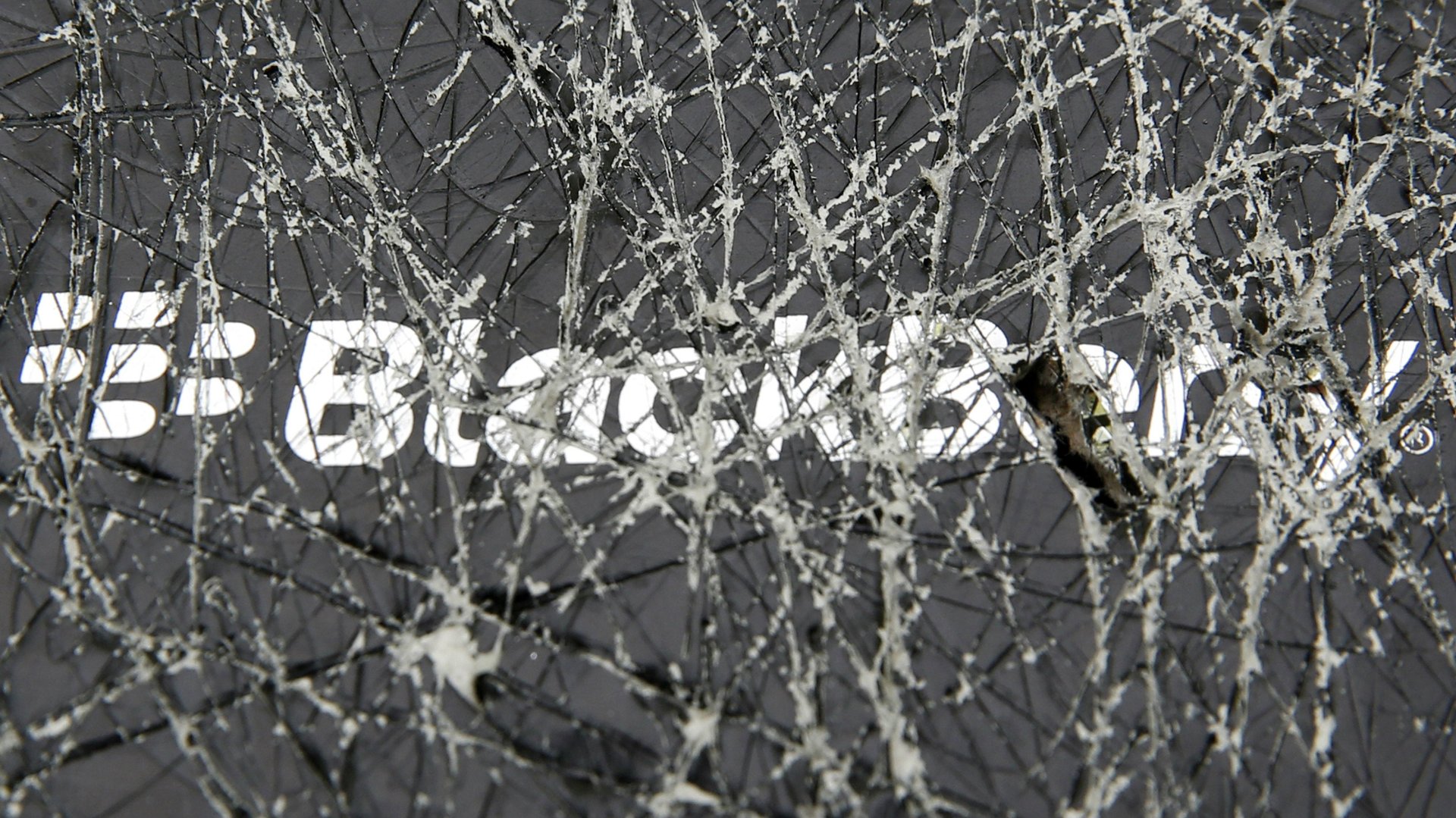BlackBerry is losing its grip on one of the last countries that still loved it
Once the leader of the global smartphone market, Blackberry has seen its fortunes fall in remarkable fashion.


Once the leader of the global smartphone market, Blackberry has seen its fortunes fall in remarkable fashion.
But there was one place in the world where the company still remained loved—South Africa. A survey just last year showed that the top three most popular mobile handsets there were all made by Blackberry.
Things are not so rosy a year later, however. After ruling the smartphone market for four years in a row, Blackberry is losing its top spot in Africa’s second largest economy. That position is now occupied by Samsung, according to a recent survey by BMI-TechKnowledge, a firm that studies digital consumer trends in South Africa.
Part of the explanation for Blackberry’s popularity had to do with the sense that owning the handset signified a particular status of white collar success, as Quartz reported last year. But the popularity of its messenger app, popularly known as BBM, ensured the bulk of its continued success. It allowed Blackberry users to send text messages to each other for free, something that was not necessarily available on other handsets.
That advantage is disappearing. Increasingly, smartphone users are turning to Facebook-owned mobile apps, specifically Whatsapp and Messenger, as their texting platforms of choice, which offer similar advantages.
The move to these new mobile instant messaging apps has coincided with a shift away from Blackberry to other smartphone handsets. And the trend does not look good for Blackberry. According to the BMI-TechKnowledge survey, 60% of the 1,500 respondents named Whatsapp and Facebook as their top downloaded apps, followed by Twitter and Instagram.
South Africa has one of the highest smartphone penetrations on the continent. There are 23 million smartphone users in the country, which makes for close to 50% penetration. Estimates suggests that by 2019, this number will rise to 83%. It looks likely that Blackberry won’t be a big part of that story.